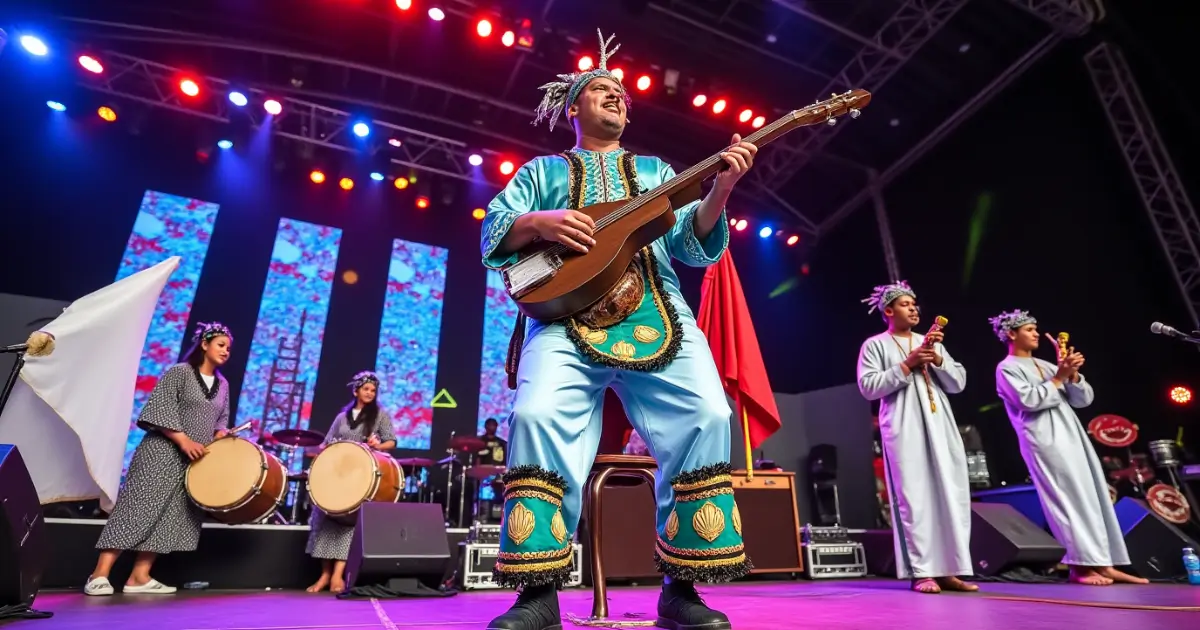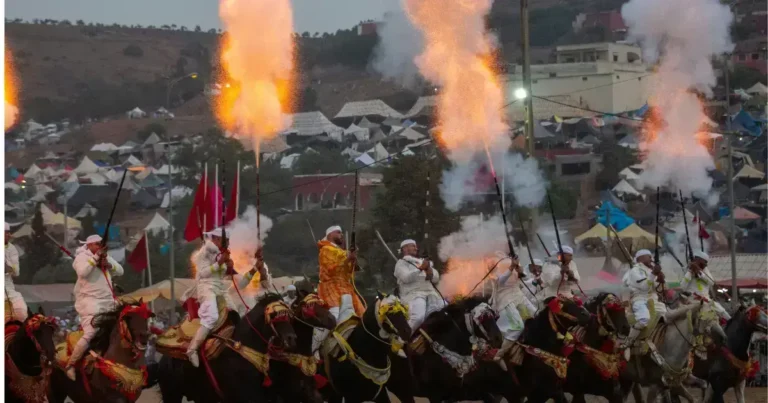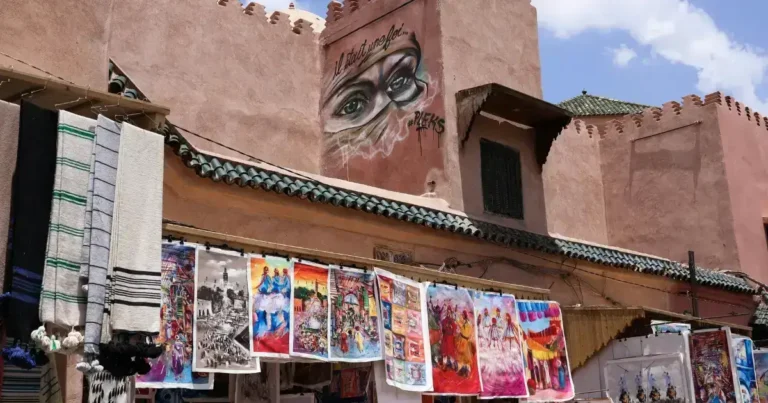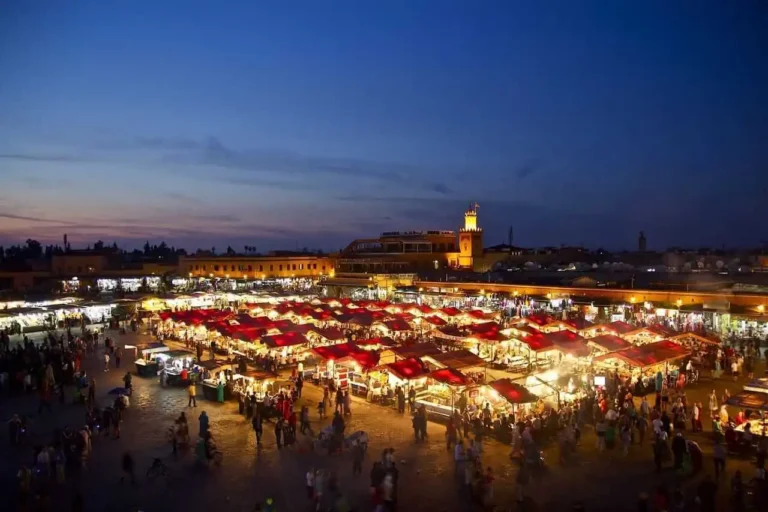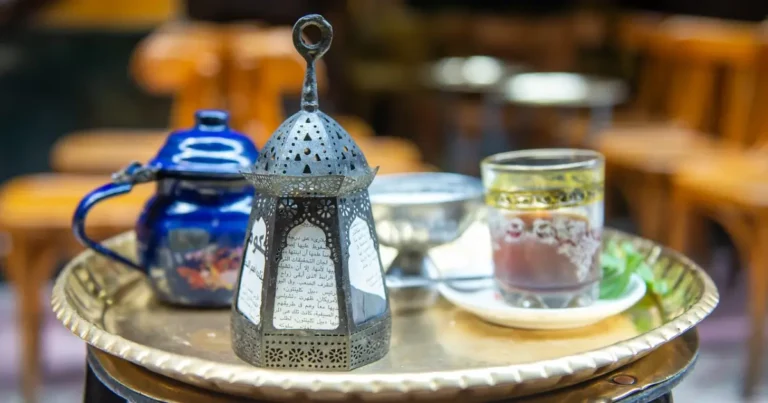Your Ultimate Guide to Moroccan Festivals and Cultural Events
Your guide to Moroccan Festivals deep in vibrant cultural landscape comes alive through its diverse festivals and celebrations. From sacred religious observances to exuberant music gatherings, Morocco’s festival calendar offers travelers a rainbow of authentic experiences that showcase the kingdom’s rich heritage, artistic traditions, and communal spirit. This comprehensive guide will take you through the most significant Moroccan festivals, helping you plan an unforgettable cultural immersion on your next journey.
Introduction
The rhythmic beating of drums, the swirl of colorful kaftans, the intoxicating aroma of spices, and the jubilant atmosphere of celebration—this is Morocco at festival time. Beyond its famous medinas and stunning landscapes, Morocco’s soul truly reveals itself through its diverse celebrations.
Whether you’re planning your first trip to Morocco or returning to explore more deeply, this guide offers the most comprehensive and up-to-date information on Moroccan festivals across the country. From deeply spiritual religious events to international music festivals, traditional moussems to national holidays, we cover the full spectrum of cultural celebrations that make Morocco such a captivating destination.
Dive in to discover which festivals align with your travel dates or interests, and prepare for a more meaningful connection to this extraordinary North African kingdom.
Why Experience a Moroccan Festival?
Attending a Moroccan festival offers something that standard sightseeing simply cannot:
- Cultural Immersion: Festivals provide a window into authentic Moroccan traditions, allowing you to experience customs that have been passed down through generations.
- Unique Atmosphere: The sensory experience is unparalleled—vibrant colors, traditional music that varies by region, celebratory foods, and an infectious energy that brings communities together.
- Authenticity: Unlike tourist attractions, festivals show living traditions as they’re actually practiced by Moroccans today, creating memories far more meaningful than standard travel experiences.
Understanding Moroccan Festival Types
Before diving into specific events, it helps to understand the different categories of Moroccan celebrations:
Religious Festivals
Morocco is predominantly Muslim, so Islamic festivals form a cornerstone of the cultural calendar. Important note: Many religious festivals follow the Islamic lunar calendar, meaning dates shift approximately 11 days earlier each year in the Gregorian calendar. Always check current dates before planning your trip.
These celebrations may include both public festivities and private family gatherings, with varying degrees of accessibility for visitors.
Cultural & Moussem Festivals
A “moussem” is a traditional festival often honoring a local saint or celebrating a harvest. These events showcase regional traditions and often feature fantasia horse-riding displays, traditional markets, and unique local customs.
Music & Arts Festivals
Morocco has emerged as a significant cultural hub, hosting internationally recognized music and arts festivals spanning traditional, fusion, and contemporary genres.
National Holidays
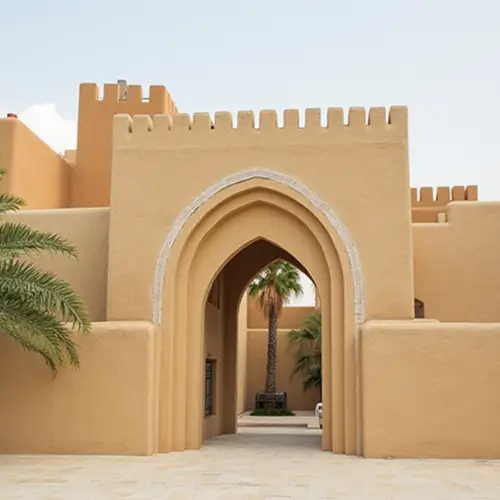
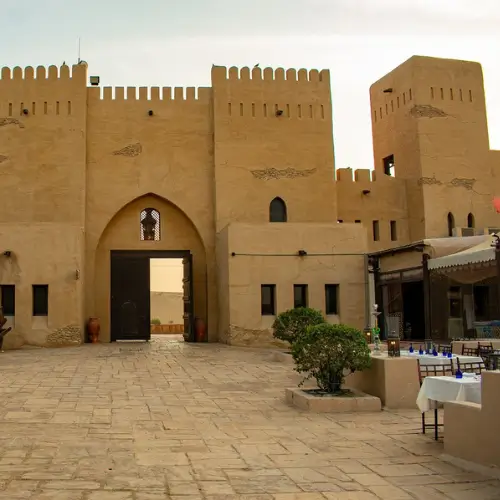
Commemorating significant historical and political events, these celebrations often feature parades, official ceremonies, and may affect business hours and transportation.
The Main Event: Detailed Festival Breakdowns
Religious Festivals
Eid al-Fitr
What It Is: The “Festival of Breaking the Fast” marks the end of Ramadan, the holy month of fasting.
Cultural Significance: This joyous celebration emphasizes charity, forgiveness, and family togetherness after a month of spiritual reflection.
Typical Time: Varies yearly (follows Islamic lunar calendar). Check official sources for exact 2026 dates.
Primary Location: Nationwide, with both private family celebrations and public festivities.
What to Expect: Morning prayers at mosques, festive meals featuring special pastries (especially “kaab el ghazal” or gazelle horns), new clothes, gift-giving (particularly to children), and family gatherings.
Pro Tips for Attending:
- Most businesses close for 2-3 days, so plan accordingly
- While primarily a family celebration, visitors may be invited to join a local family—consider it an honor if offered
- If in public spaces, dress modestly out of respect
- Book accommodations well in advance as locals often travel to family homes
Official Source: Moroccan National Tourism Office
Eid al-Adha
What It Is: The “Festival of Sacrifice,” commemorating Prophet Ibrahim’s willingness to sacrifice his son as an act of obedience to God.
Cultural Significance: Considered the holiest feast in Islam, it emphasizes sacrifice, charity, and family unity.
Typical Time: Varies yearly (follows Islamic lunar calendar, approximately 70 days after Eid al-Fitr). Check official sources for exact 2026 dates.
Primary Location: Nationwide, with celebrations in every city and village.
What to Expect: Families sacrifice a sheep (following strict halal practices), distribute meat to family, neighbors, and those in need, prepare special meals, and gather for extended family celebrations.
Pro Tips for Attending:
- Expect limited services for 3-4 days as this is a major holiday
- Streets may temporarily become butchering areas—be prepared for this sight
- Transportation can be difficult to arrange during this period
- Book accommodations at least 3 months in advance
Official Source: Moroccan National Tourism Office
Ashura
What It Is: A day of historical and religious significance with different observances among various Islamic traditions.
Cultural Significance: While primarily a solemn day for some Muslims, in Morocco it often involves unique cultural traditions, including water rituals and special foods.
Typical Time: 10th day of Muharram (first month of Islamic calendar). Check official sources for exact 2026 dates.
Primary Location: Nationwide, with variations in customs by region.
What to Expect: Children playing drums in streets, special foods like “fakkas” (dried fruit and nut mixture), charitable giving, and in some regions, water-splashing traditions.
Pro Tips for Attending:
- Be prepared for possible water splashing in some regions
- Ashura showcases unique Moroccan interpretations of this observance, differing from other Islamic countries
- Markets sell special Ashura toys for children during this period
Cultural & Moussem Festivals
Rose Festival (Moussem El-Kelaâ M’Gouna)
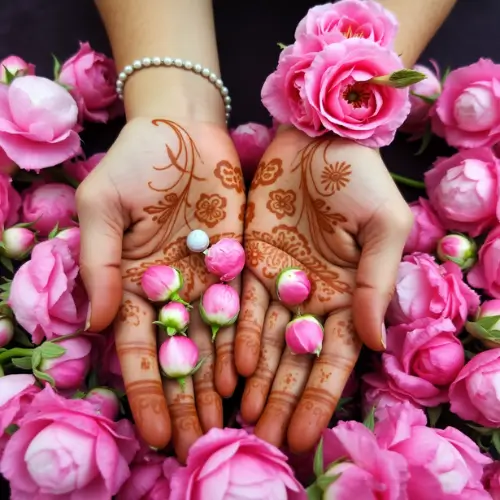
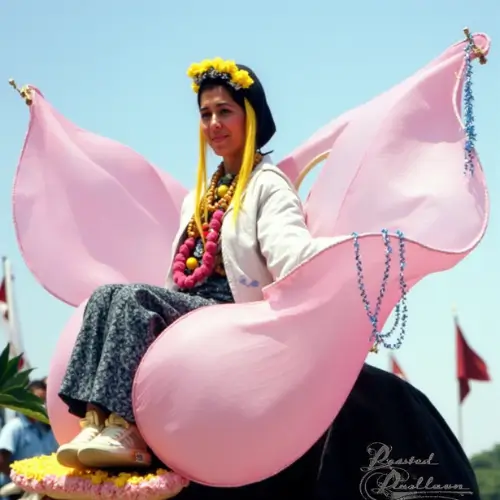
What It Is: A celebration of the annual rose harvest in the Valley of Roses.
Cultural Significance: Honors the economic and cultural importance of rose cultivation in this region, which produces some of the world’s finest rose products.
Typical Time: Mid-May (depends on harvest, but usually second or third weekend).
Primary Location: El-Kelaâ M’Gouna, Dades Valley.
What to Expect: Spectacular parade of floats covered in roses, traditional Berber music and dance performances, rose product exhibitions, election of the “Rose Queen,” and markets selling locally-produced rose water, oil, and cosmetics.
Pro Tips for Attending:
- Book accommodation at least 3 months in advance as this small town fills quickly
- Bring cash as card facilities may be limited
- Purchase authentic rose products directly from the festival for best quality
- Early mornings offer the best photography opportunities with fewer crowds
Official Source: Festival des Roses
Marriage Festival of Imilchil
What It Is: A traditional Berber matrimonial festival where young people from remote villages traditionally meet potential spouses.
Cultural Significance: Originally a moussem honoring two tragic lovers from rival tribes, it evolved into a practical opportunity for isolated mountain communities to arrange marriages.
Typical Time: September (typically mid-month, but varies).
Primary Location: Imilchil, High Atlas Mountains.
What to Expect: Traditional Berber wedding ceremonies, colorful attire, regional music and dance, traditional markets (souks), and while less common than in the past, some marriage arrangements may still occur.
Pro Tips for Attending:
- Access can be challenging—consider booking a guided tour
- Accommodations are extremely limited; book months in advance or prepare to stay in nearby larger towns
- Respect photography etiquette, especially during actual marriage ceremonies
- Nights are cold in the mountains, even in September—pack layers
Fantasia (Tbourida)
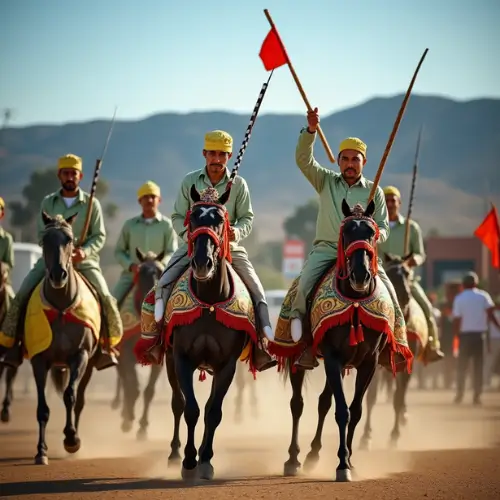
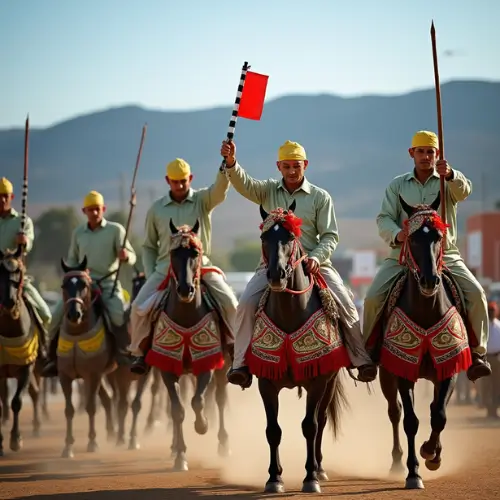
What It Is: Dramatic horse-riding displays demonstrating traditional cavalry charges.
Cultural Significance: Preserves Morocco’s military heritage and horsemanship traditions dating back centuries.
Typical Time: Featured in multiple festivals throughout the year, notably during summer moussems.
Primary Location: Various, with major displays in Meknes, El Jadida, and Tan-Tan.
What to Expect: Groups of riders in traditional attire charging in synchronization before firing antique rifles in unison, creating a spectacular display of horsemanship, gunpowder, and traditional pageantry.
Pro Tips for Attending:
- The most impressive displays are at the Tan-Tan Moussem (June) and El Jadida Horse Festival (October)
- Arrive early for better viewing positions
- Expect loud gunfire—ear protection for sensitive individuals is recommended
- Late afternoon performances often offer the best lighting for photography
Music & Arts Festivals
Fes Festival of Sacred Music
What It Is: International festival celebrating sacred music traditions from around the world.
Cultural Significance: Promotes spiritual and cultural dialogue through music, showcasing both traditional and contemporary interpretations of sacred traditions.
Typical Time: Late May/early June (runs for 9 days).
Primary Location: Fes, primarily in Bab Al Makina and other historic venues throughout the medina.
What to Expect: World-class performances of spiritual and sacred music spanning diverse traditions—from Sufi ceremonies to Gregorian chants, Byzantine music to Hindu devotional songs—set against the backdrop of stunning palatial courtyards and historic sites.
Pro Tips for Attending:
- Purchase tickets online through the official website 2-3 months in advance
- Premium tickets for headline shows sell out quickly
- Many free events occur throughout the medina—check the program
- Book accommodations within the medina for the full experience, at least 6 months ahead
- Day passes offer better value than individual performance tickets
Official Source: Fes Festival of Sacred Music
Gnaoua World Music Festival
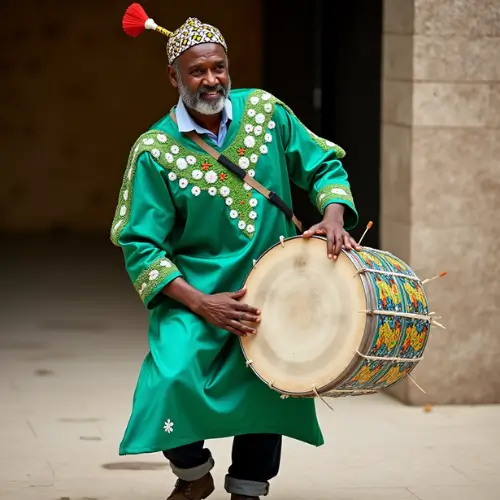
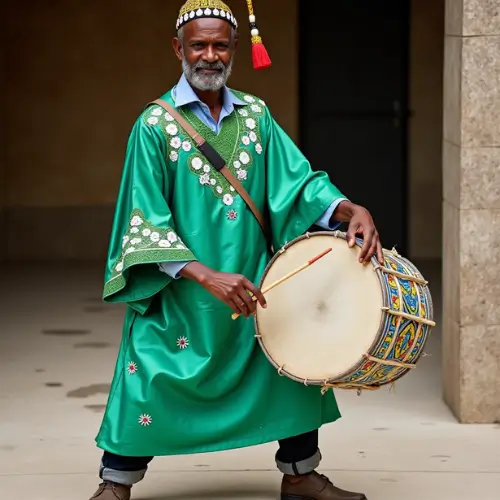
What It Is: Festival celebrating Gnaoua music and its fusion with contemporary global music styles.
Cultural Significance: Showcases Gnaoua traditions, which originated with formerly enslaved West Africans, while fostering musical innovation through cross-cultural collaboration.
Typical Time: Late June (4 days).
Primary Location: Essaouira.
What to Expect: Hypnotic Gnaoua performances featuring traditional instruments like the hajhuj (bass lute) and krakebs (metal castanets), collaborative concerts with international jazz, rock, and world music artists, and smaller traditional lila ceremonies alongside the main stage performances.
Pro Tips for Attending:
- Main stage concerts are free, but arrive early for good spots
- Book accommodation at least 6 months in advance—the city completely fills up
- Smaller venue shows often provide more authentic experiences but may require tickets
- Take breaks from the crowds by escaping to the beach or ramparts
- June can be windy in Essaouira—bring layers even for summer evenings
Official Source: Gnaoua Festival
Jazzablanca
What It Is: International jazz festival featuring both established stars and emerging talents.
Cultural Significance: Represents Morocco’s connection to global contemporary culture while providing a platform for local musicians.
Typical Time: Early July (1 week).
Primary Location: Casablanca, with venues at Anfa Park and United Nations Square.
What to Expect: Performances across multiple stages featuring diverse jazz styles, fusion acts blending jazz with regional influences, and workshops/masterclasses for aspiring musicians.
Pro Tips for Attending:
- Purchase festival passes through the official website 2 months ahead
- Different ticket options (single shows vs. full passes) accommodate various budgets
- Casablanca accommodations are plentiful but book central locations to avoid transportation hassles
- Evening shows typically run late—plan transportation accordingly
Official Source: Jazzablanca Festival
National Holidays
Throne Day
What It Is: Celebration commemorating the King’s accession to the throne.
Cultural Significance: Represents national unity and the monarchy’s central role in Moroccan identity.
Typical Time: July 30 (fixed date).
Primary Location: Nationwide, with major celebrations in Rabat.
What to Expect: Official ceremonies, military parades, public speeches by the King, decorations in cities, and fireworks displays in major urban centers.
Pro Tips for Attending:
- Government offices and many businesses close
- Major public squares offer good viewing opportunities for parades
- Security is heightened around official events
- Traditional Moroccan flags make good souvenirs during this period
Independence Day
What It Is: Celebration of Morocco’s independence from French protectorate status.
Cultural Significance: Honors the struggle for independence and national sovereignty.
Typical Time: November 18 (fixed date).
Primary Location: Nationwide, with central celebrations in Rabat.
What to Expect: Flag displays, patriotic concerts, official ceremonies, parades in major cities, and special programming on Moroccan television highlighting historical events.
Pro Tips for Attending:
- Government offices close but most tourist sites remain open
- Evening light shows sometimes occur at main squares in larger cities
- Transportation may operate on limited schedules
- An excellent time to engage locals in conversations about history (many are happy to share personal family stories)
Essential Planning Tips for Attending Any Moroccan Festival
Checking Exact Dates
Always verify festival dates before finalizing travel plans, especially for religious celebrations that follow the lunar calendar. Festival dates are typically announced 2-3 months in advance on official tourism websites.
Booking Flights & Accommodation
For major festivals like Gnaoua or Fes Festival of Sacred Music, book accommodations 6+ months in advance. For flights, aim to book 3-4 months ahead, especially if traveling during summer high season.
Transportation Within Morocco
During festivals, local transportation options may be overwhelmed. Consider:
- Arranging private transportation in advance
- Using ride-sharing apps in major cities
- Booking train tickets ahead for intercity travel (available on ONCF)
- Building extra time into your schedule for potential delays
Cultural Etiquette & Respect
- Dress modestly, especially during religious festivals (covering shoulders and knees)
- Ask permission before photographing individuals, particularly in rural areas
- Remove shoes when entering homes if invited to join celebrations
- Follow locals’ lead regarding appropriate behavior during ceremonies
Packing Considerations
- Comfortable walking shoes for navigating crowded festival areas
- Modest yet cool clothing for hot weather
- Layers for evening temperature drops, especially in desert and mountain regions
- Earplugs for loud music performances or celebrations
- Portable water bottle and sun protection
Safety & Crowds
- Keep valuables secure in crowded areas
- Stay hydrated, especially during summer festivals
- Identify meeting points if traveling with companions
- Know the location of nearest medical facilities
Language Basics
A few useful phrases:
- “Shukran” (Thank you)
- “Afak” (Please)
- “La, shukran” (No, thank you)
- “Smeh li” (Excuse me)
- “B’shhal?” (How much?)
Staying Updated
Festival dates, especially for religious celebrations and some cultural events, change yearly. Always check official tourism sites (such as the Moroccan National Tourism Office) or specific festival websites closer to your planned travel date.
This guide was last updated on March 29, 2025. We strive to keep it current, but always double-check official sources for precise dates before booking travel.
Conclusion
Morocco’s festivals offer a kaleidoscope of experiences that transform a standard vacation into a profound cultural journey. From the spiritual depth of religious celebrations to the artistic innovation of international music festivals, these events showcase the kingdom’s remarkable diversity and living traditions.
Experiencing a Moroccan festival firsthand allows you to connect with the country’s soul in ways that ordinary tourism cannot match. The memories of drums echoing through ancient medina walls, the taste of special holiday foods, and the warmth of celebration shared with locals will remain long after you’ve returned home.
Which Moroccan festival speaks to your travel dreams? Will you synchronize your journey with the rose petals of El-Kelaâ M’Gouna, the sacred sounds of Fes, or the rhythm of Gnaoua in Essaouira? Start planning your Moroccan adventure today, and discover the heart of this extraordinary country through its celebrations.

